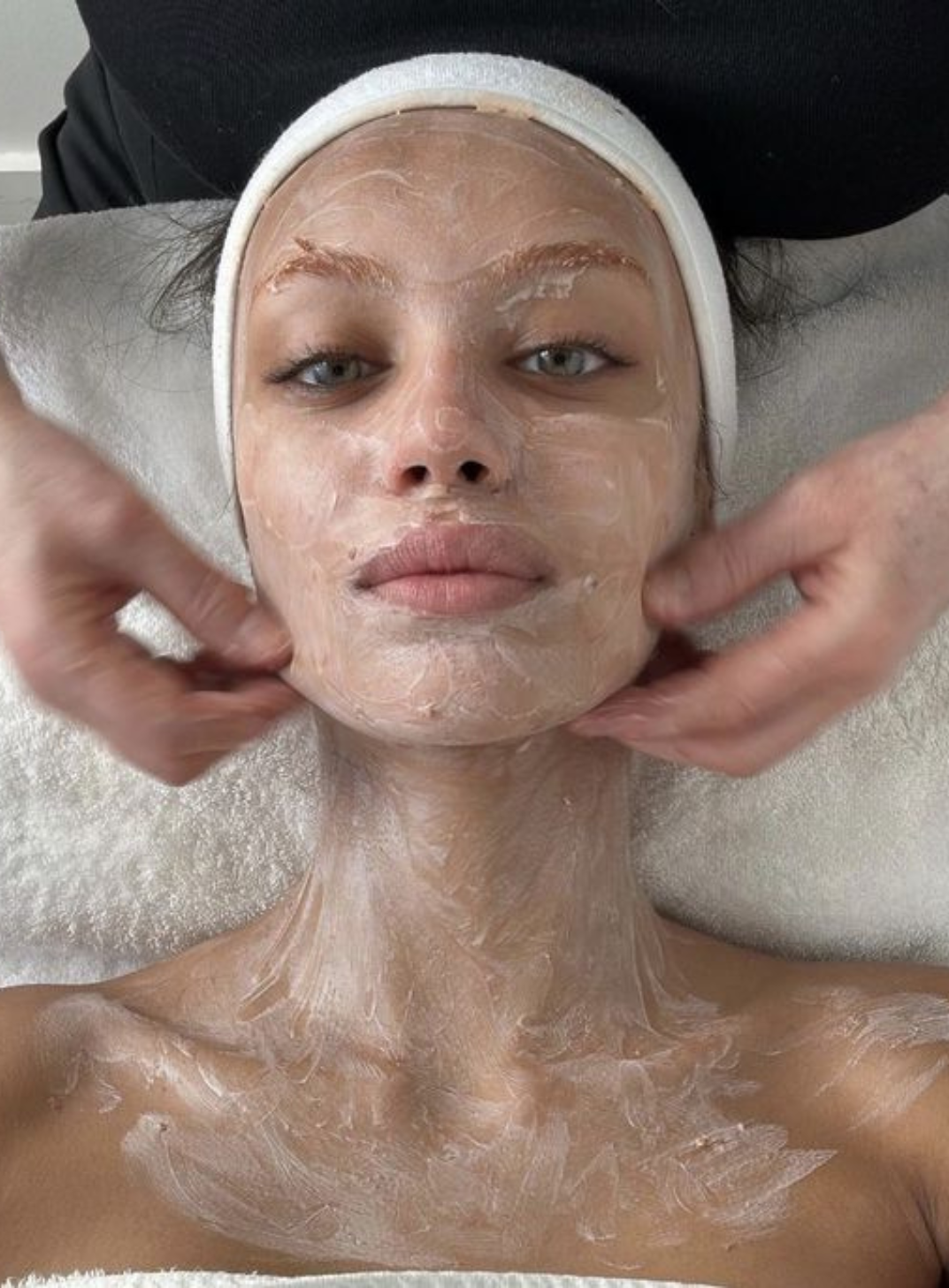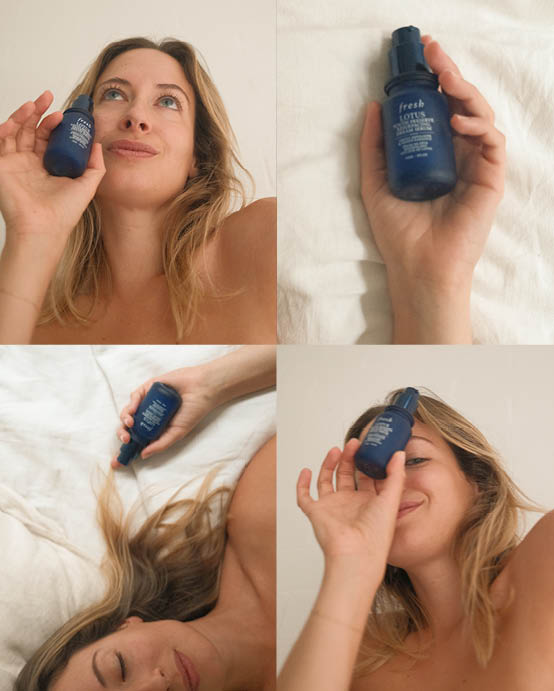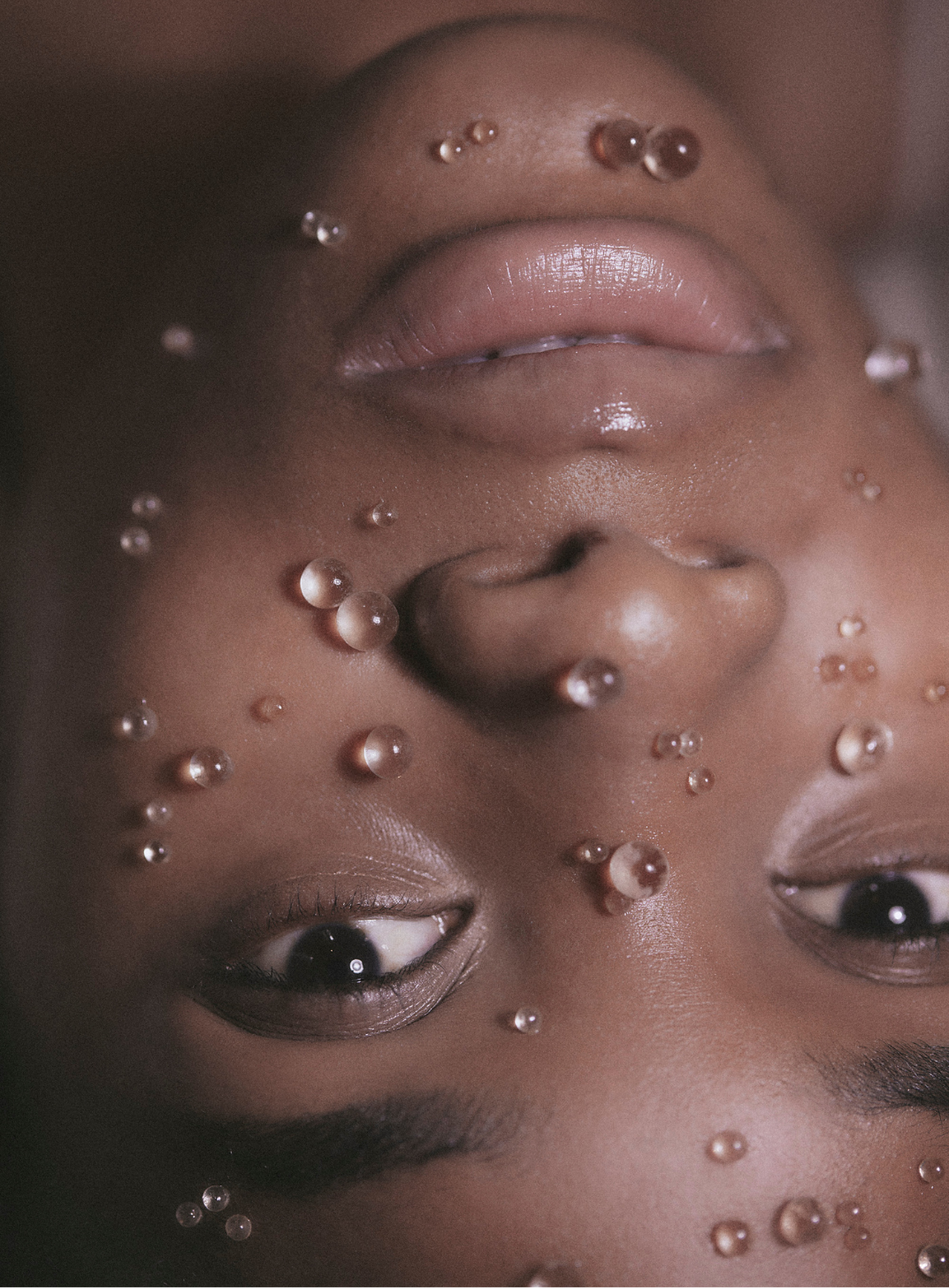Let’s Talk About The Skin Barrier
We’ve all been there. One minute, you’re riding high on cloud nine after finding a serum, toner or essence that just works for you. After a few weeks, your skin begins to radiate with health. Co-workers ask you what you’ve been doing differently. Your makeup sits just right. So you start using the product more often – more applications equals more glow, right? – until, suddenly, you wake up with skin that is red, angry and itchy.
Where did it all go wrong? We have three words for you: compromised skin barrier.

First things first: what is the skin barrier?
Before we get to the nitty gritty – i.e. how to calm and soothe irritated skin – let’s go back to basics: what is a skin barrier, anyway? According to William Hopfner, Product Development Manager at La Clinica, this is “the skin’s natural barrier.” Also known as the stratum corneum, it “forms an effective shield, restricting environmental stressors such as toxins, allergens and pathogens from penetrating the skin.”
In layman’s terms, the skin barrier keeps the bad stuff (pollution, chemicals) out and keeps the good stuff (moisture, oil) in.
How do I know if my skin barrier is in a bad way?
Put simply, if your skin barrier has been compromised, you’ll know. A compromised skin barrier can show up as dry or dehydrated skin, as well as “increased sensitivity, irritation, tightness, uneven skin tone, redness, loss of elasticity and accelerated signs of ageing,” says Hopfner. “If not rectified promptly this results in inflammation, breakouts and higher risk of infection.” Ouch.
Can using too many actives do more harm than good?
If the above symptoms are ringing alarm bells for you, you’re probably wondering how you got here (and how to get your skin back to normal – more on that in a moment). One possible cause? Overusing products laden with actives, such as retinol, glycolic acid and vitamin C.
Incorporating too many products too soon can overwhelm skin – while also stripping the barrier or its ability to restore itself. “Examples are over-cleansing, too frequent or prolonged exfoliation and abruptly adding potent actives, such as retinoids to your routine.”
“Over-cleansing can strip the barrier’s lipids and moisturising molecules (NMF) required for optimal hydration. It can also disrupt the skin’s acidity and protective functions. Mild cleansers with a slightly acidic pH are ideal as they are able to remove impurities without disrupting the delicate barrier or raising the pH of the skin.”
SOS! My skin is inflamed. What now?
The good news? You can go back from here. The bad news? There’s no quick fix.
Step 1: Stop everything. “To prevent further damage, your current skin care routine should be halted,” says Hopfner.
Step 2: “Introduce gentle moisturisers, such as hydrating serums, face oils and creams that address inflammation, hydration and depletion of lipids.” Don’t overdo it – keep your new routine simple. Look for products containing niacinamide: an ingredient that helps to increase the production of ceramides and natural moisturising factors. Hopfner suggests La Clinica Healing Serum, Re-Activation Nourishing Facial Oil and Hyaluronic Acid Skin Recovery Mask.
Step 3: Apply sunscreen and then apply it again. “A compromised skin barrier is at increased risk to sun damage.”
Step 4: “Once sensitivity, redness and inflammation have subsided you can gradually increase skin care products one by one.”
For future reference…
Once your skin is back to normal, you can keep it that way with a well-rounded skin care regime. It’s all about balance. The trick is to include products that will give your complexion a fresh and youthful glow without compromising your barrier.
Hopfner’s key products for daily use? “A cleanser, vitamin C, cosmeceutical serums, a moisturiser and UV protection” he tells Gritty Pretty. Hopfner explains why:
Cleanser: “Slightly acidic gentle cleansers such as cream cleansers or mild gel cleansers are a great way to clean skin without removing the vital lipids and natural humectants fundamental to the skin’s barrier function.”
Vitamin C: “To help protect and limit UV-induced damage (such as age spots and accelerated aging), brighten skin, even out skin tone and assist collagen production.”
Cosmeceutical serum: “To help maintain optimum skin function, repair the skin from daily exposure from external stressors and to reduce the signs of skin aging. Good serums contain anti-ageing actives such as peptides, antioxidants, vitamins and plant extracts.”
Hydrating serum/moisturiser: “Hydrating serums containing hyaluronic acids, ceramides and niacinamide are fundamental to a good skin care regime. Depending on the skin’s oil composition, facial oils could be beneficial.”
UV protection: “Apply SPF 50+ daily.Broad spectrum sunscreens should be applied last, over the skin care products.”












Comments